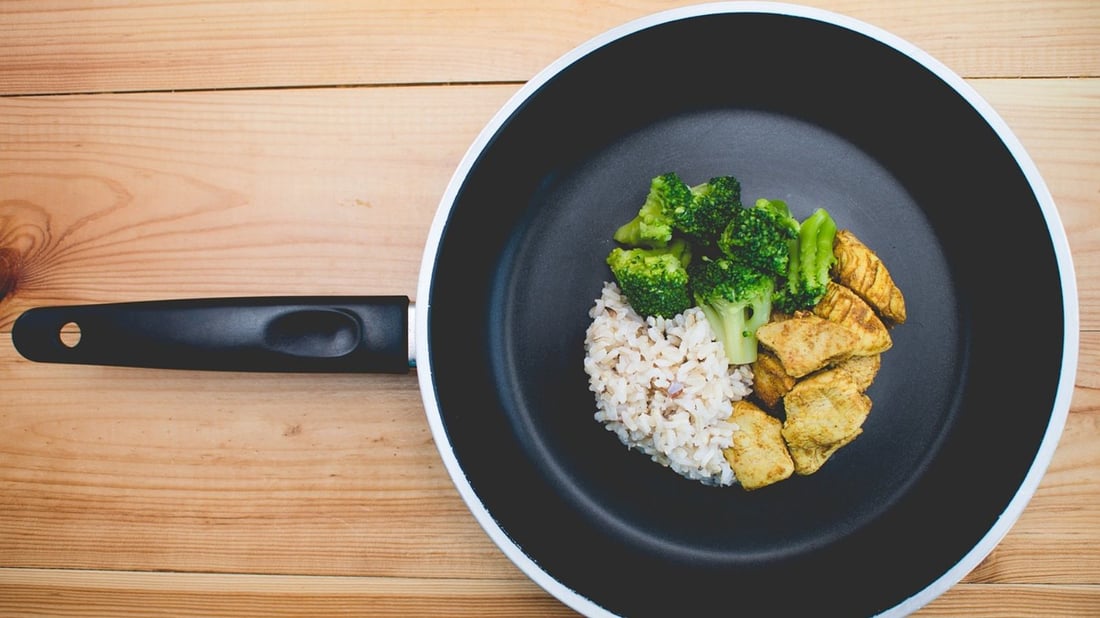Introduction to Frying Pan and Deep Pot
When it comes to cooking, choosing the right cookware can make a significant difference in the outcome of your dishes. Two essential kitchen items are the frying pan and deep pot, each with its own unique uses and benefits.
Frying Pan for Quick Sauteing and Pan-frying
The frying pan is perfect for quick sauteing and pan-frying. Its flat bottom and sloped sides make it easy to flip and toss ingredients, ensuring even cooking. Use a frying pan when you want to achieve a crispy exterior on foods like chicken cutlets or vegetables.
Deep Pot for Boiling and Simmering
On the other hand, a deep pot is ideal for boiling, simmering, and cooking large batches of soups, stews, and pasta. The tall sides of a deep pot prevent sauces from splattering and allow for increased liquid capacity, making it perfect for one-pot meals.
Versatility of the Frying Pan
One of the main advantages of a frying pan is its versatility. From breakfast dishes like scrambled eggs to dinner entrees like stir-fries, a frying pan can handle a wide range of recipes. Its non-stick surface also makes it easy to clean.
Benefits of Using a Deep Pot
A deep pot is a kitchen essential for tasks that require a large volume of liquid, such as boiling pasta or making stocks. The deep sides of the pot prevent spills and allow for easy stirring, ensuring that your dishes cook evenly.
Heat Distribution in a Frying Pan
Frying pans are known for their excellent heat distribution, allowing ingredients to cook evenly and preventing hot spots. This makes them perfect for dishes that require precise temperature control, such as searing steaks or making omelets.
Importance of Deep Pots for Slow Cooking
Deep pots are essential for slow cooking dishes that require long cooking times, such as braises and stews. The deep pot's ability to hold a consistent temperature for an extended period of time ensures that your meals are cooked to perfection.
Cleaning and Maintenance of Frying Pans
To maintain the longevity of your frying pan, avoid using metal utensils that can scratch the non-stick surface. Instead, opt for wooden or silicone utensils to preserve the coating. Hand wash your frying pan with mild soap to prevent damage.
Choosing the Right Pot for Your Cooking Needs
When deciding between a frying pan and a deep pot, consider the specific cooking tasks you frequently perform. If you enjoy quick sauteing and pan-frying, a frying pan may be more suitable. However, if you often cook soups and stews, a deep pot is the way to go.
Conclusion
In conclusion, both the frying pan and deep pot have their own unique uses and benefits in the kitchen. By understanding the strengths of each cookware item, you can enhance your culinary skills and create delicious meals with ease.
Quote Inquiry
Contact us!

